The Most Dangerous Climate Rollback in U.S. History: What it Means
Photo by Creative Alliance captain Emily Tidwell
A dangerous new proposal is steamrolling through Congress—and it’s the most significant threat to clean air, clean water, job creation, and energy innovation in history.
Disguised as a “deficit reduction” package, this proposal would gut clean energy investments, fast-track fossil fuel development on public lands, and sell off iconic places like the Arctic Refuge and Boundary Waters, all to pay for tax cuts that benefit billionaires.
We spoke with Ben Gubits, Protect Our Winters’ Vice President of Campaigns and Advocacy, to understand what’s at stake and what we can do to stop it.
Congress Is Using the Budget to Undermine Climate Action
Budget reconciliation is a special legislative tool that allows Congress to pass certain types of bills, usually related to taxes, spending, and deficits, with a simple majority vote in the Senate. It bypasses the filibuster, meaning it can pass with just 51 votes instead of the usual 60.
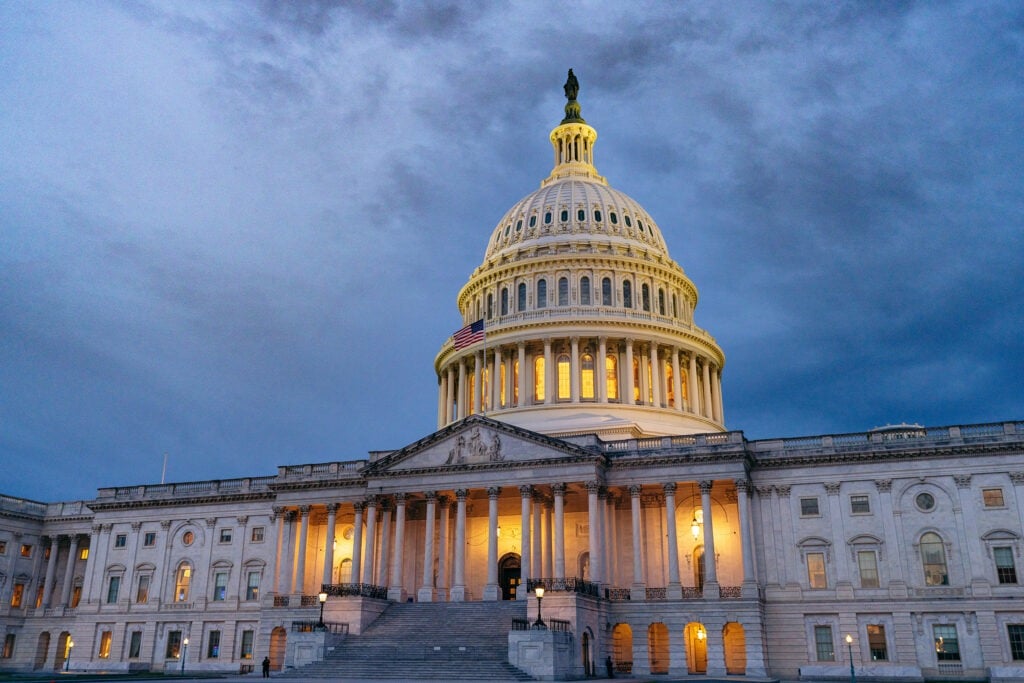
Right now, House Republicans are rushing through a package under the guise of addressing taxes, spending, and deficits, but that’s just the cover story. “Let’s be clear, this is a full-scale attack on climate progress, public lands, and clean energy,” Ben says.
Buried in committee proposals are sweeping changes that:
- Mandate oil and gas lease sales on our public lands.
- Slash clean energy funding.
- Repeal tax credits that help families afford EVs and energy-efficient upgrades.
- Fast-track fossil fuel projects without public input.
What’s at Risk? A Lot.
The Inflation Reduction Act & Clean Energy Tax Credits: Under Attack
Perhaps most damaging is the Ways & Means proposal, which guts over $250 billion in clean energy tax credits included in the Inflation Reduction Act (IRA). These are the same credits that are helping developers scale utility-level clean energy projects, and families go solar, afford electric vehicles, and install energy-saving home upgrades.
EV credits? Gone early.
Solar and wind credits? Phased out.
Tax incentives for battery storage and heat pumps? Set to expire by 2025.
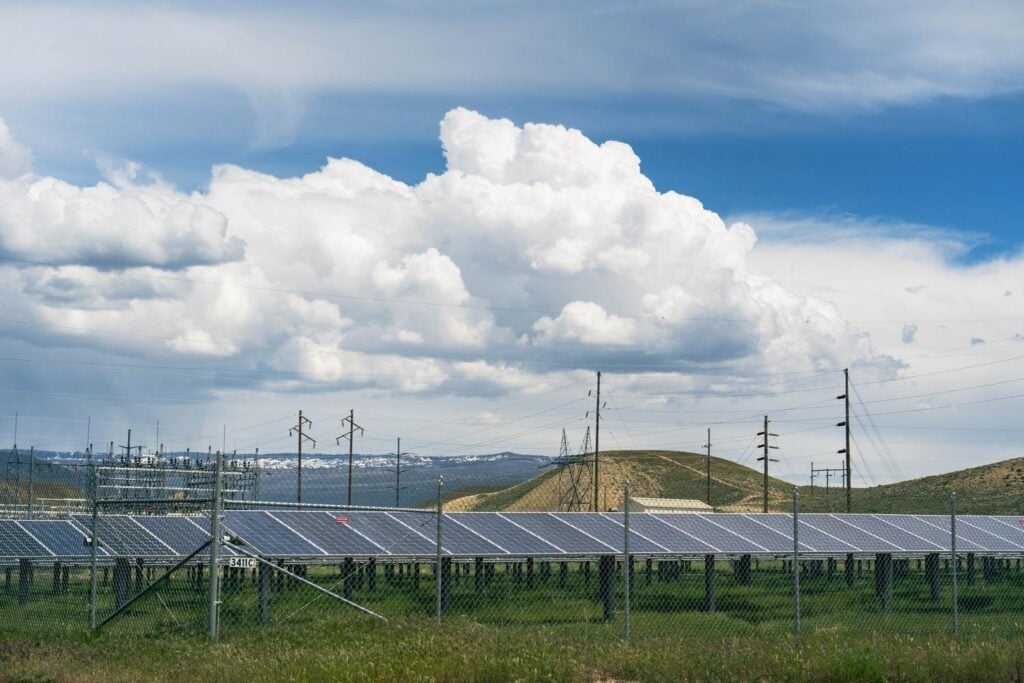
Meanwhile, the Energy & Commerce Committee wants to cut $6.5 billion from programs that support clean energy deployment, industrial decarbonization, and local air quality improvements. One of the biggest targets is the Greenhouse Gas Reduction Fund—critical funding that helps low-income and historically marginalized communities invest in clean energy projects.
“This rollback not only undermines our emissions goals but threatens hundreds of thousands of jobs in the clean energy economy, especially in red rural districts. It also strips funding for modernizing the grid and advancing clean power transmission,” Ben says. “These are essential upgrades that reduce costs and improve reliability.
This all comes despite the IRA already sparking $152 billion in U.S. manufacturing growth and a 16% jump in EV investment in the last year alone.
Public Lands: On the Chopping Block
The House Natural Resources Committee’s plan would open more than 460,000 acres of public land to oil, gas, mining, and timber extraction. That includes iconic places like the Arctic National Wildlife Refuge, the National Petroleum Reserve, Alaska’s Cook Inlet, and landscapes near the Boundary Waters in Minnesota.
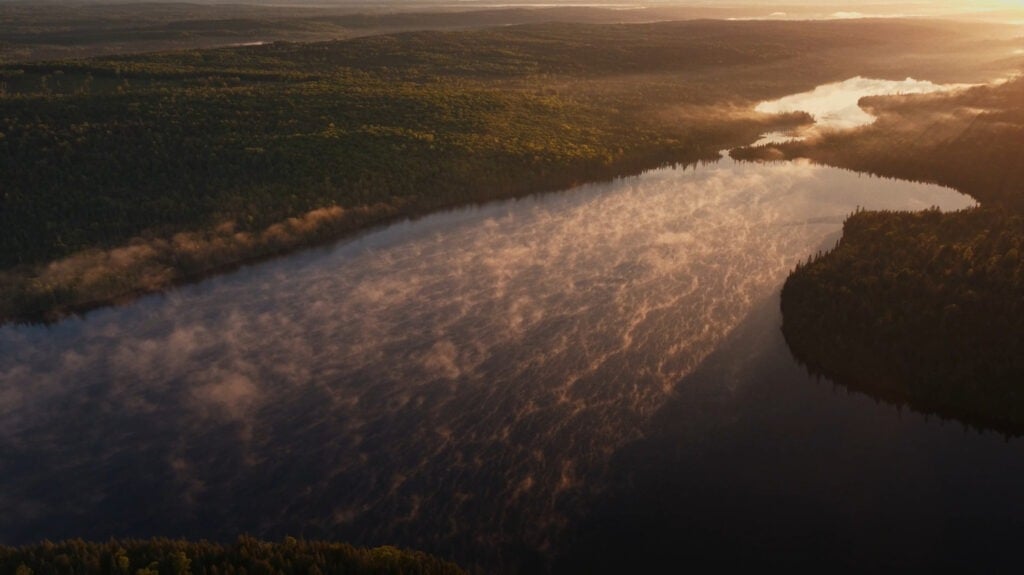
Protections for natural spaces are being rolled back nationwide. States like Wyoming, Montana, and Colorado are seeing reduced safeguards. Meanwhile, controversial projects, such as the fast-tracked Ambler Road, are poised to cut through Alaska’s pristine wilderness. Additionally, public land sell-offs have even been authorized in Nevada and Utah.
“This bill puts polluter profits above public interest and silences the communities who would be most affected,” says Ben.
The National Environmental Protection Agency (NEPA): Undermined
As part of the House’s Natural Resources Reconciliation, this bill slashes $5–10 BILLION from land management agencies like the BLM, Forest Service, and Fish and Wildlife. It also rewrites bedrock environmental review rules under NEPA, creating a “pay-to-play” system that shuts out communities and rubber-stamps fossil fuel projects. This eliminates public input and fast-tracks environment review periods to just six months for assessments and one year for full impact statements.
“The kicker is, if you pay the fee, you also get immunity from administrative or judicial review,” Ben explains. “That means communities, Tribes, and conservationists lose their right to challenge dangerous or poorly reviewed projects. It’s a backdoor way to gut NEPA under the guise of efficiency and to protect corporate polluters from scrutiny and accountability.”
So Who Wins?
Fossil fuel companies. Plain and simple.
These bills are a giveaway to the industry that’s been pulling political strings for over a century. From mandatory quarterly lease sales across the Mountain West to fast-tracked permits for pipelines and export terminals, the legislation hands power to polluters, often with a million-dollar shortcut to qualify as being in the “public interest.”
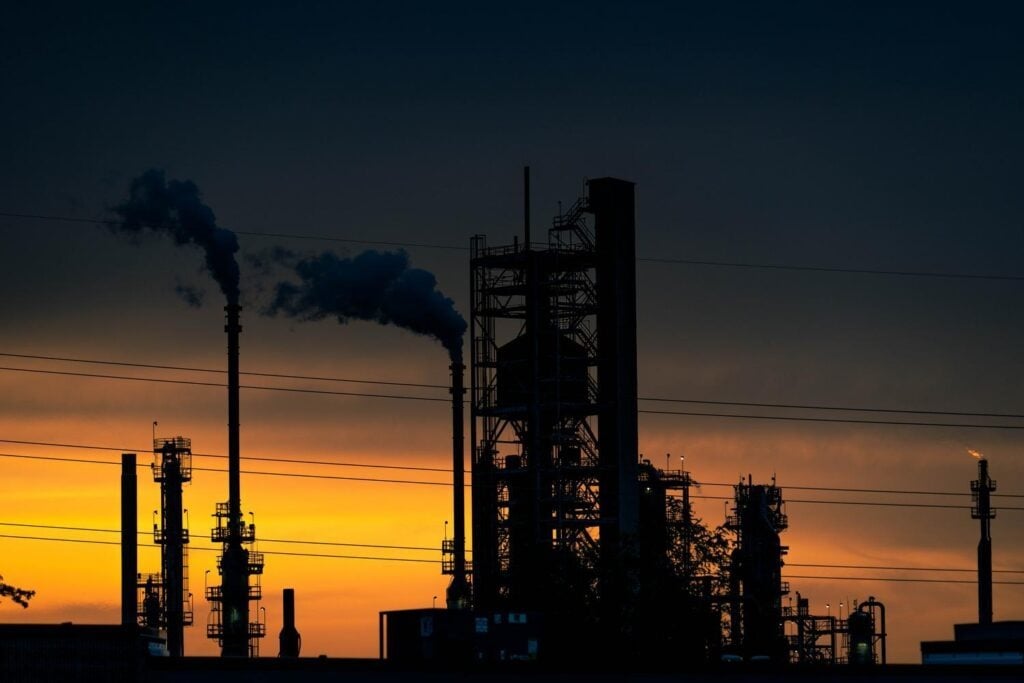
“The fossil fuel industry spent a staggering $445 million throughout the last election cycle to influence Donald Trump and Congress,” Ben explains. “That figure does not include money funneled through dark-money groups, which do not have to disclose their donors. This reconciliation bill is a direct result of their investment.”
And Who Loses?
The Outdoor State. The millions of us who ski, hunt, ride, climb, fish, hike, and paddle. The communities that depend on clean air, clean water, and a stable climate. The wildlife that depends on intact ecosystems. Indigenous frontline communities. The local businesses and economies are tied to outdoor recreation.
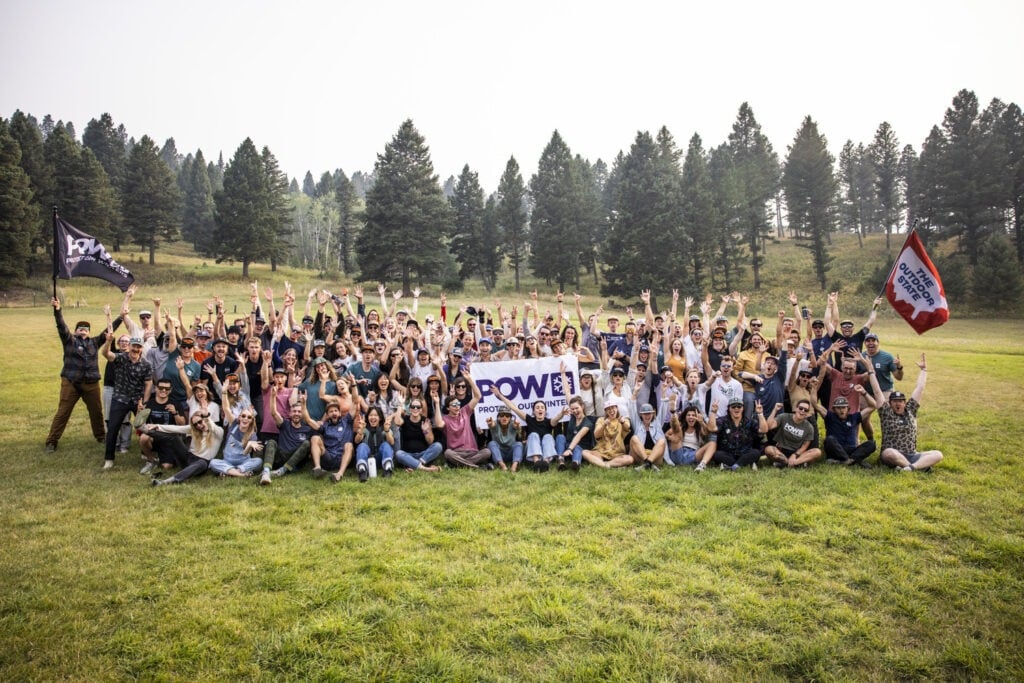
Why It Matters
The IRA is working. It’s creating good-paying jobs, driving clean energy investment, and lowering utility bills for families nationwide. In fact, many of these projects are located in the Midwest and Southeast, with most of the IRA’s manufacturing funding going to states that have voted Republican in recent elections, which bolsters the durability of the policy.
Furthermore, models indicate that the IRA will help US emissions fall 40% below 2005 levels by 2030. Rolling it back now would hurt every American, but especially rural communities, working families, and the outdoor economy.
And our public lands? They’re more than beautiful backdrops. They’re crucial carbon sinks absorbing 13% of carbon emissions, sacred spaces, and economic powerhouses. The outdoor recreation economy alone contributes $1.2 trillion annually.
What You Can Do
It’s time to say enough is enough.
Our public lands are under attack. Climate progress is on the chopping block. And while the planet burns around us, some lawmakers are pushing bills that would gut our environmental protections—all to please fossil fuel execs and score short-term wins.
Ben puts it bluntly: “Call your Senators. Talk about it at the trailhead, in your climbing gym, on the skin track. These bills are a wake-up call. We need leaders who’ll defend the planet, not auction it off.”
We’re not sitting quietly, and neither should you. We’re mobilizing to fight these rollbacks, but we need the full force of the Outdoor State behind us.
Flood their phones. Blow up their inboxes. Make noise. Let’s remind Congress that we are too strong, too loud, and too united to be ignored.

Author: Stacie Sullivan
Stacie always knew she wanted to pursue a career in the ski industry from a young age, having first clicked into skis at the age of 4 and writing her 8th grade career project on being a professional skier. While her dreams of becoming a professional athlete didn’t quite pan out the way she planned at […]
